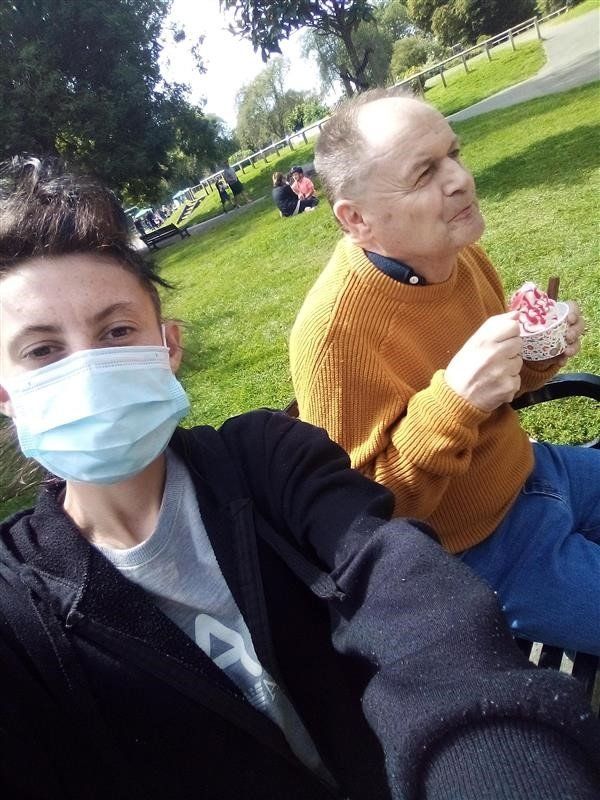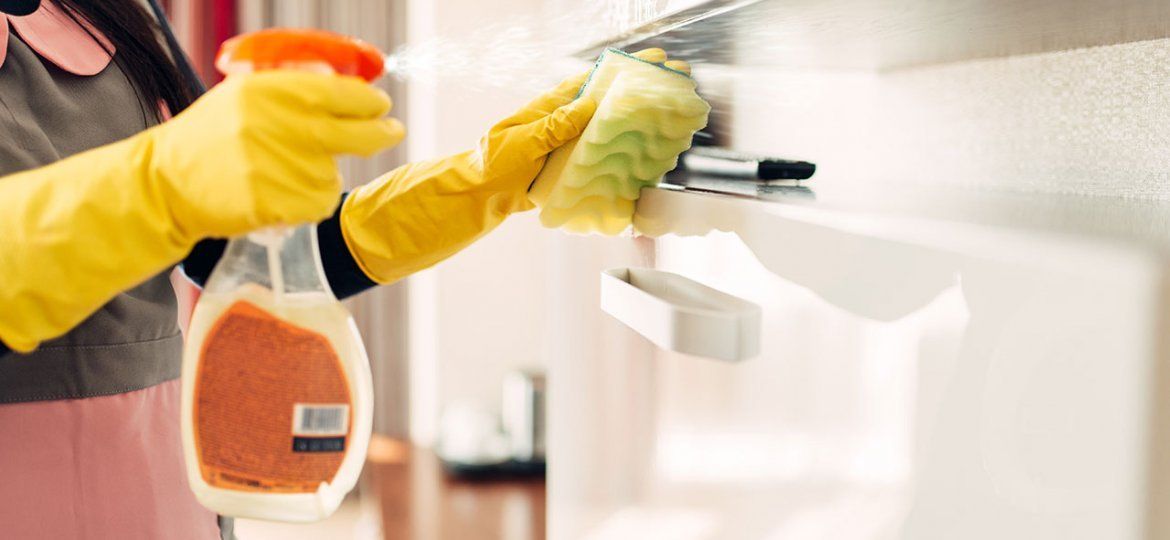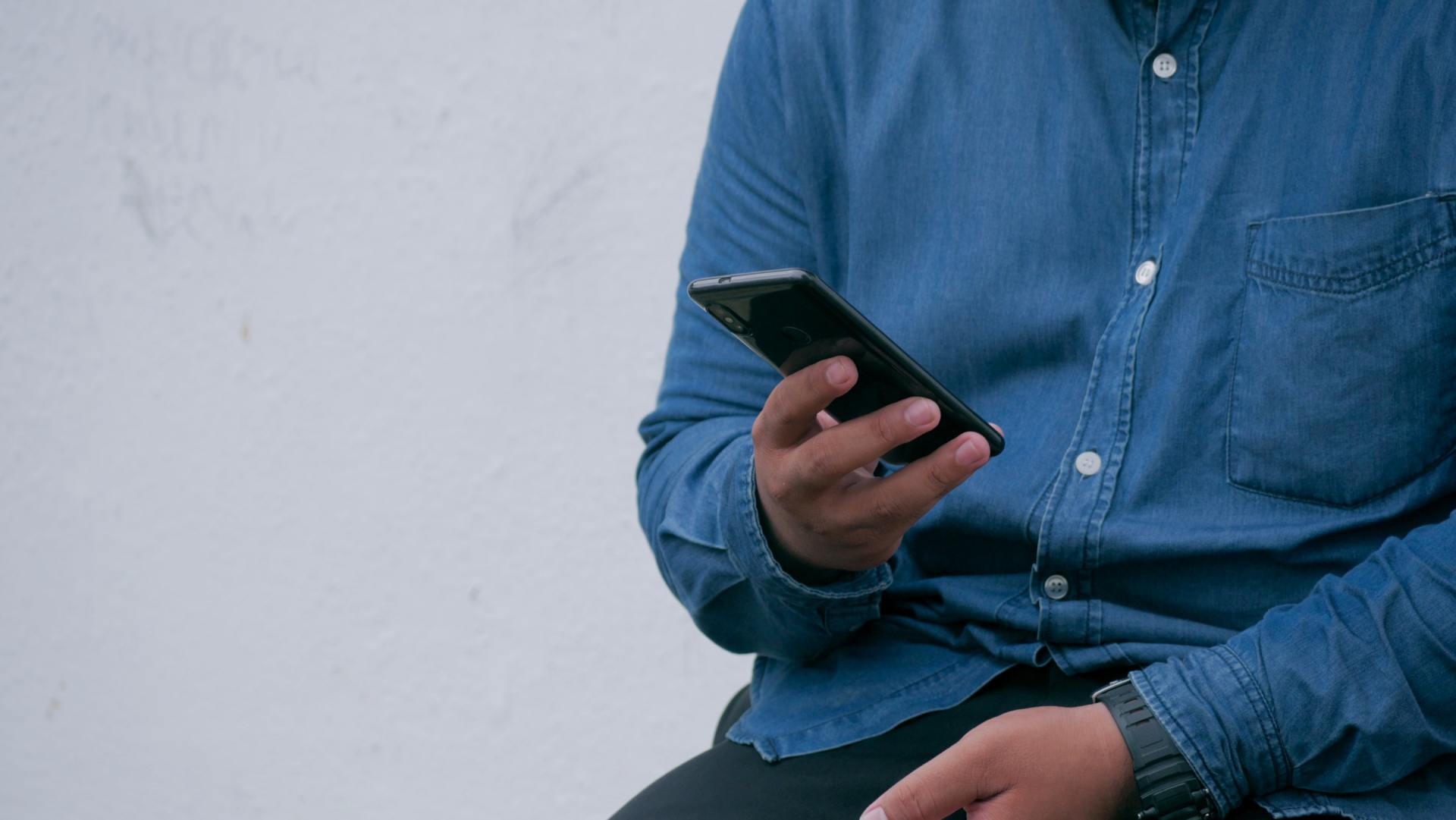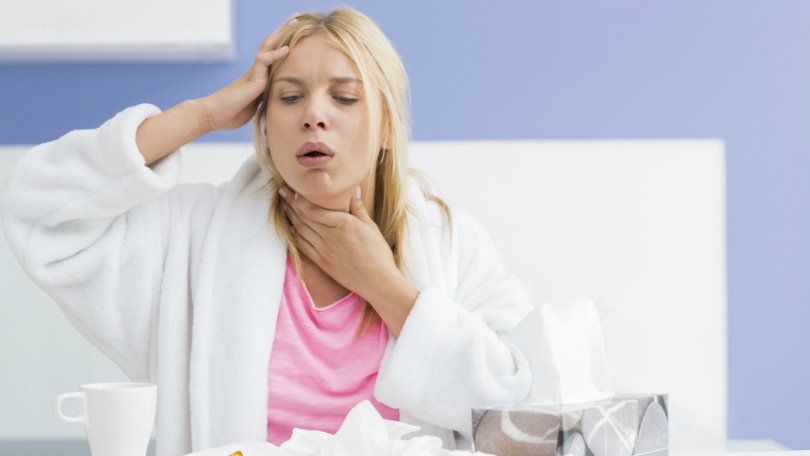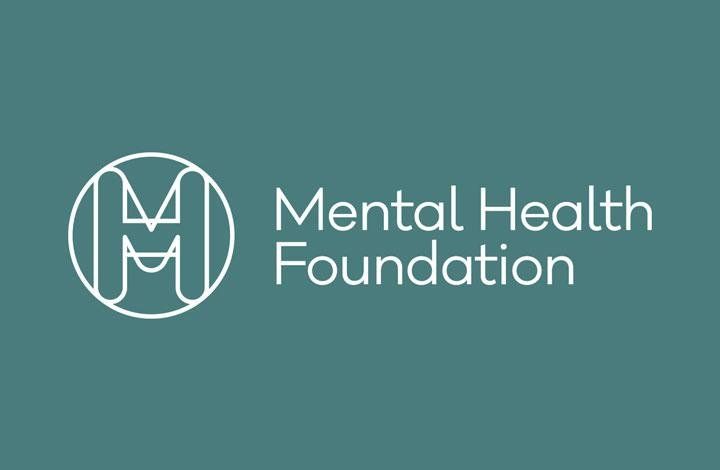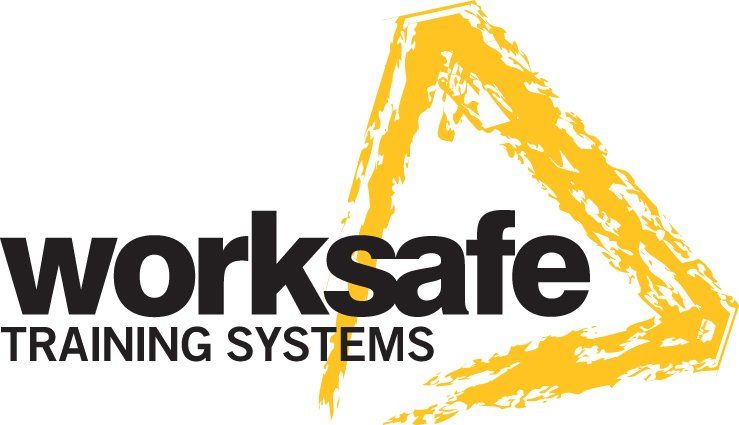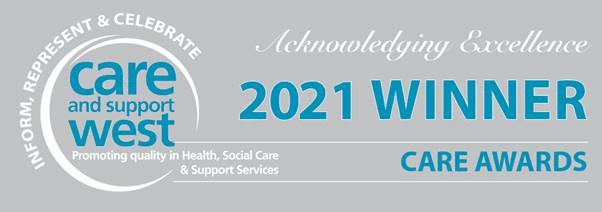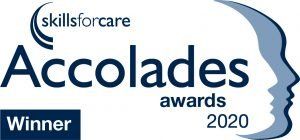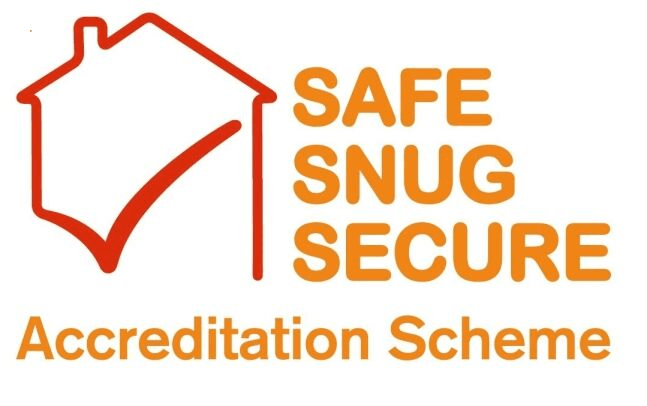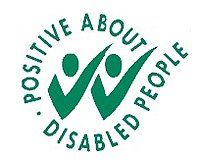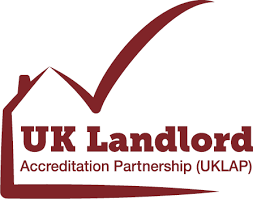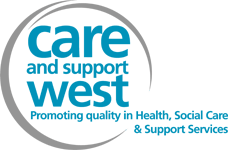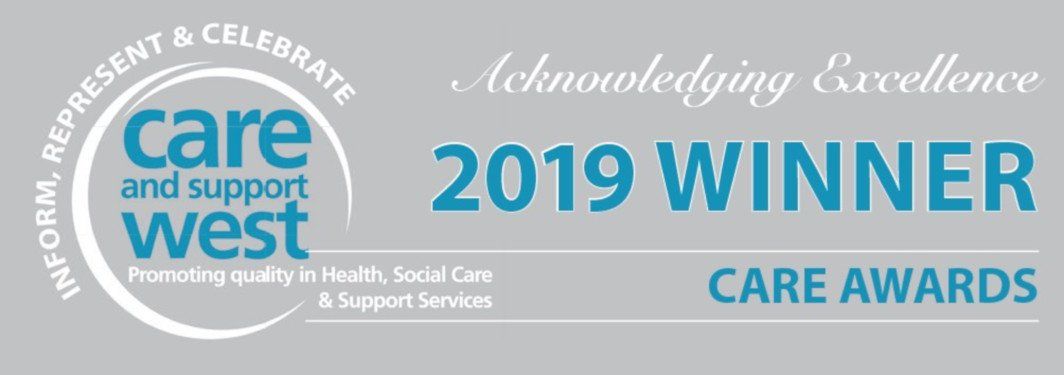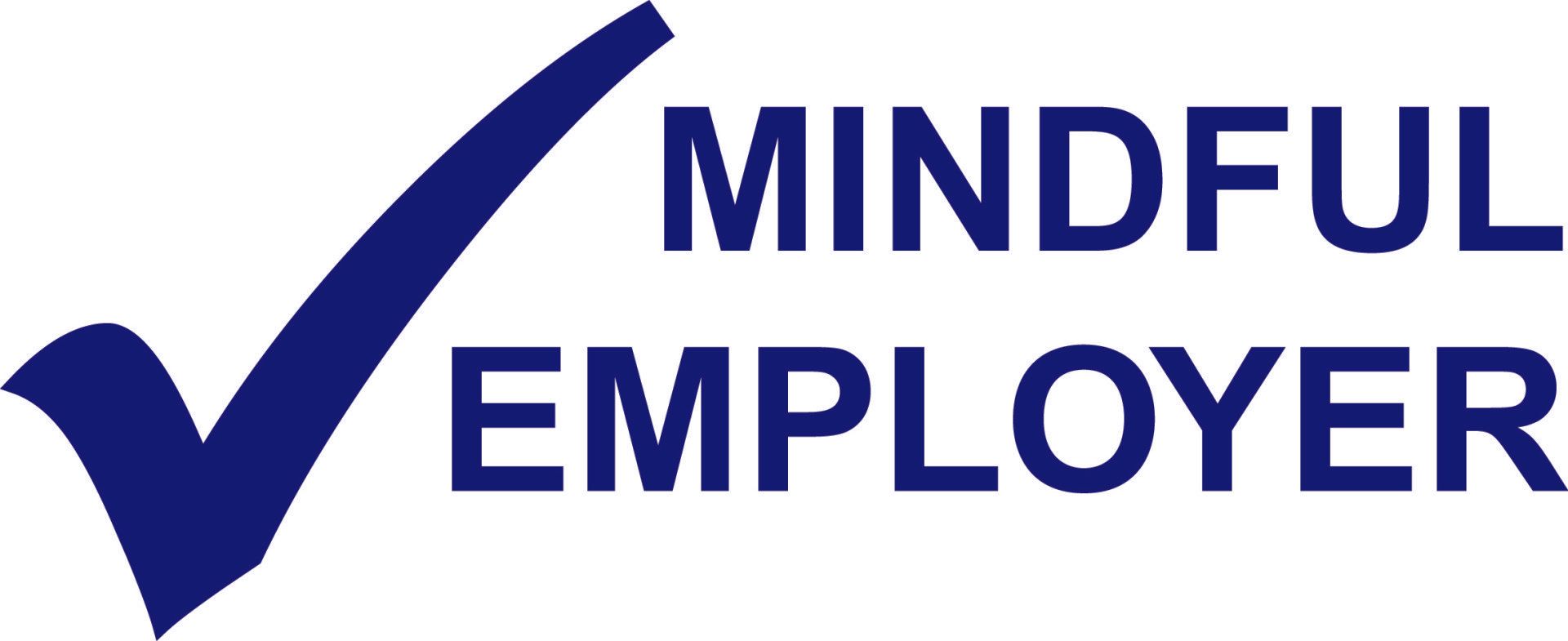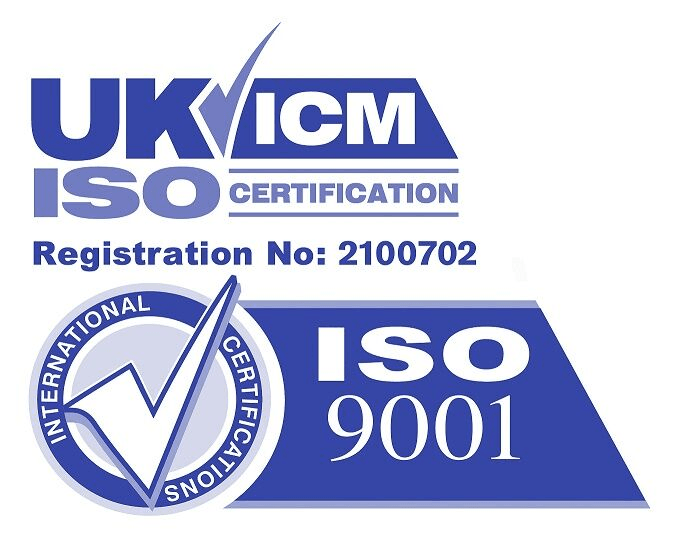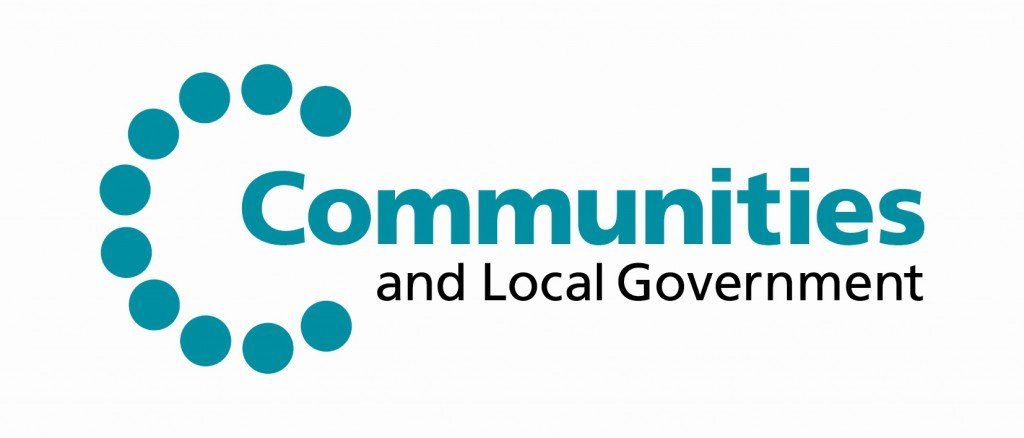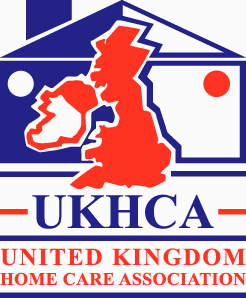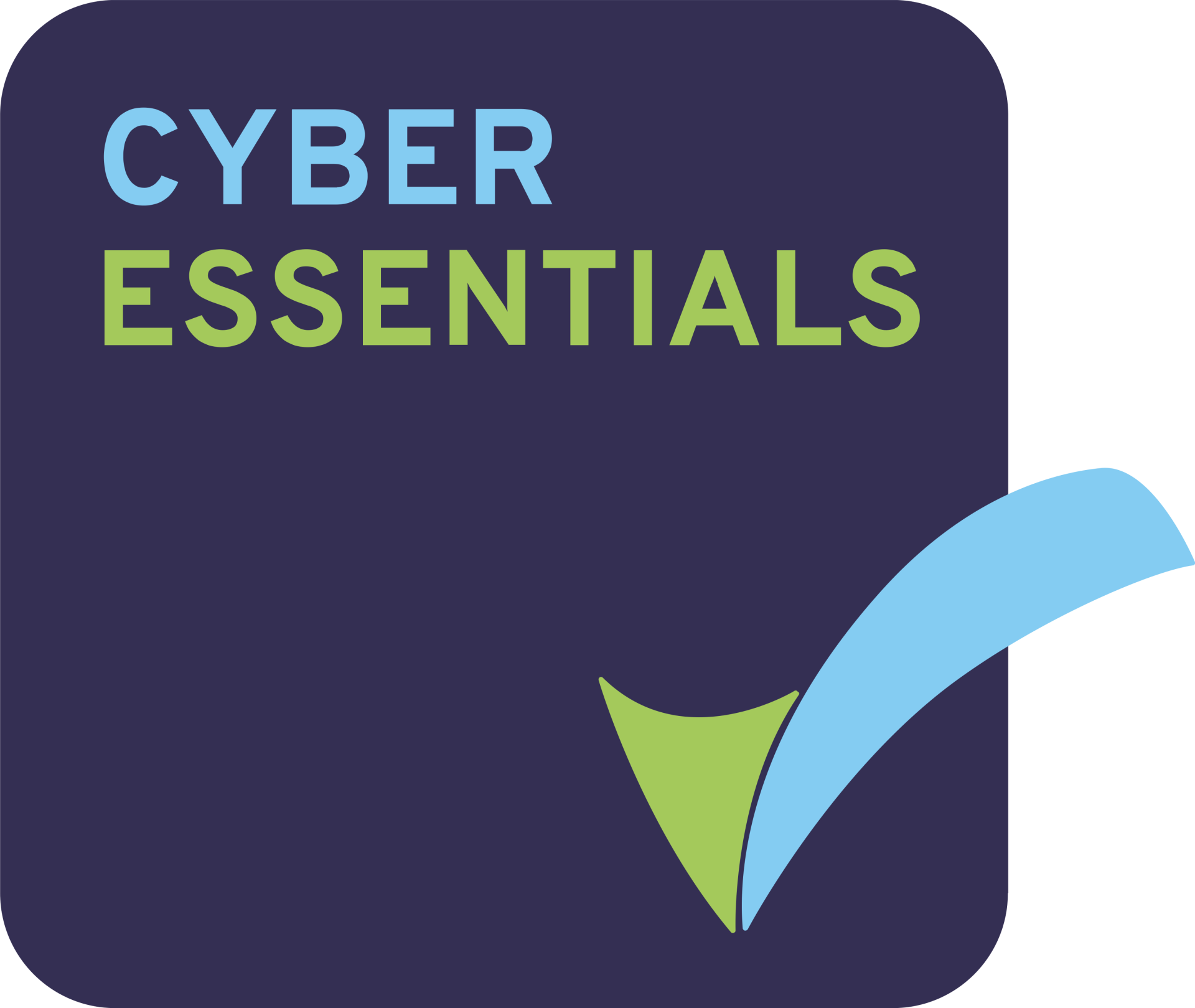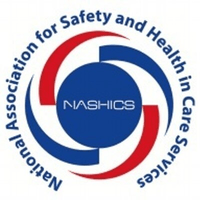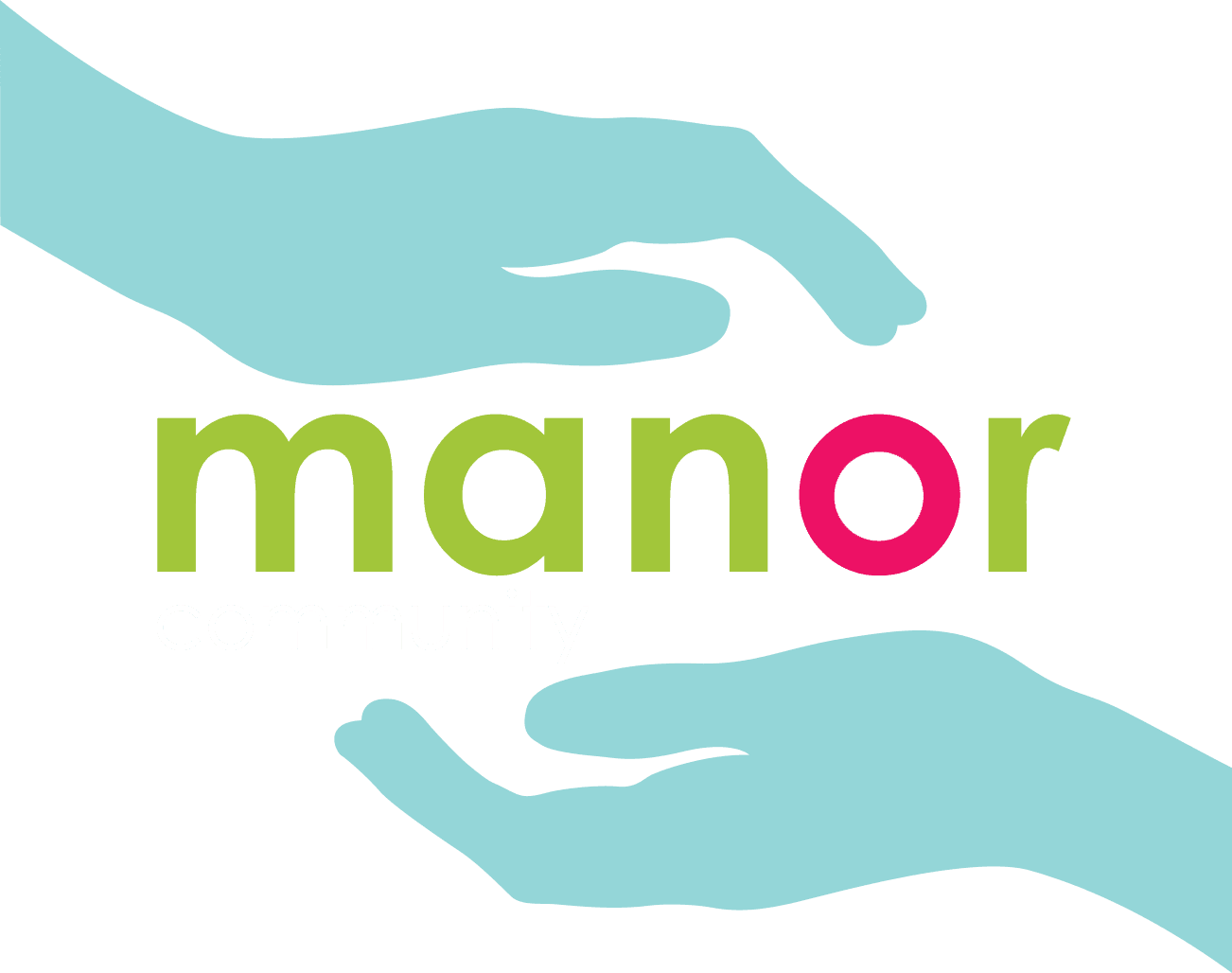COVID-19
Click here to view our Policy on Visiting our Services during the COVID-19 pandemic (last updated 16/05/2022)
How We have Stayed Happy During COVID-19
Hover over photos to learn more about what we are doing during COVID-19
COVID-19: Current Information and Guidance(Information primarily for those connected with Manor Community but can be shared)
Government guidance: staying at home and social distancing
for vulnerable people
Government guidance on using PPE
and infection control
We've split this page into 2 parts.
Part 1
will inform our staff and provide general information for all.
Part 2
will share documents and information which may be useful to other care sector providers.
Part 1. General information and advice
We would like to let you know that we are taking extra precautions to help keep staff and the people we support safe and supported from exposure to the Corona Virus COVID-19. We would like to let you know what we have done and what we would like your help with.
On this page
What we have done
This is some
of what we have done throughout the pandemic but we have a full internal contingency and action plan which is much more extensive and is being updated with new guidance, as it is agreed with our team and informed by local plans.
- Increased levels of infection control.
- Updated our contingency plans to identify staff and clients most at risk.
- Updated our policies continuously with any changes to government guidance.
- Updated our Personal Protective Equipment (PPE) and advising visitors, (including family and professionals)
and more.
Other measures we are taking in some services, especially residential
- Taking the temperature of staff to check it is below 37.8 degrees
- Regularly taking the temperature of people we support who are at high risk
- Carrying out regular audits of equipment
- Sharing good practice with other providers
- Isolating suspected cases
- Logging all suspected cases
- Plans to report any confirmed cases (CQC, local authority, PHE )
- Creating new COVID-19 specific contingency plans specific e.g. ascertaining which staff have potential caring responsibilities, are able to cancel leave if require etc.
What we would like your support with
To help keep the people we support and our staff safe, we would appreciate if you could refrain from visiting if you have any of the following symptoms:
- Fever
- Dry Cough
Please also let us know if you or your family has contracted COVID-19. In any case please contact us so we can support you with keeping in touch with your loved one.
Please also share good practice information or ideas you may have to keep people safe and we will share with others and potentially make changes ourselves.
Contact us
Call Us Email UsVisiting?
Please download
our full Visiting Policy for our current guidance around visiting our services.
However, we have put together a few additional tips below:
If you will be visiting e.g. someone low risk in their own home, please make sure you have agreed this with them and help us keep everyone safe and well by:
- Washing your hands often for 20 seconds - with soap and water or use alcohol sanitiser that contains at least 60% alcohol if hand-washing facilities are not available - this is particularly important after taking public transport.
- covering your cough or sneeze with a tissue, then throwing the tissue in a bin. See Catch It, Bin It, Kill It : https://campaignresources.phe.gov.uk/resources/campaigns/101/resources/5016
Avoid touching your eyes, nose, and mouth with unwashed hands
Discuss with a senior member of staff if you have any other concerns.
Always contact the manager of the service or our main office before visiting.
Calling NHS 119
NHS 119The current advice from the government is to call NHS 119 if:
• You feel you cannot cope with your symptoms at home
• Your condition gets worse
• Your symptoms do not get better after 7 days
Please note that we may update our guidance regularly, so please check the date of the letter you are reading.
Signs and symptoms of COVID-19
The following symptoms may develop after exposure to someone who has COVID-19 infection:
- Cough
- Difficulty in breathing
- Fever
Some people may have aches and pains, nasal congestion, runny nose, sore throat, diarrhea or a rash. Symptoms begin gradually and are usually mild
Generally, these infections can cause more severe symptoms in people with weakened immune systems, older people, and those with long-term conditions like diabetes, cancer and chronic lung disease
How it is spread
There are 2 main routes by which people can spread COVID-19:
- Infection can be spread to people who are nearby (within 2 metres) or possibly could be inhaled into the lungs.
- It is also possible that someone may become infected by touching a surface, object or the hand of an infected person that has been contaminated with respiratory secretions and then touching their own mouth, nose, or eyes (such as touching door knob or shaking hands then touching own face). Our current understanding is that the virus doesn’t survive on surfaces for longer than 72 hours.
Part 2. Provider information share Information which we have found useful and which may be useful to other providers
Extra material or people receiving support e.g. Easy Read
Information for people on director payments, personal budgets and personal health budgets, by people with experience. Watch video recording by In Control
Partnerships here
Useful sites:
- This site helps people keep up to date with their neighbours: https://nextdoor.co.uk/
- Local Organising: to help the community with COVID-19: https://www.facebook.com/CovidAidUK/
Looking after your mental health during COVID-19
- Coronavirus: an update from Centre for Mental Health: https://www.centreformentalhealth.org.uk/coronavirus-update
Easy Read information on COVID-19
Provider Document Share
We are sharing any generic documents where possible:
Useful Information:
- Checklist for Nursing Homes and other Long-Term Care Settings: https://www.cdc.gov/coronavirus/2019-ncov/downloads/novel-coronavirus-2019-Nursing-Homes-Preparedness-Checklist_3_13.pdf
- Government COVID-19 guidance for social care: https://www.gov.uk/government/publications/covid-19-residential-care-supported-living-and-home-care-guidance
- ACAS information for employers and employees: https://www.acas.org.uk/coronavirus
- Information on Mental Capacity Act and COVID-19: https://thesmallplaces.wordpress.com/2020/03/10/coronavirus-and-the-mental-capacity-act-2005/
- Information on Mental Health and COVID-19: https://www.who.int/docs/default-source/coronaviruse/mental-health-considerations.pdf?sfvrsn=6d3578af_2
- Infection Control Guidance: https://www.gov.uk/government/publications/wuhan-novel-coronavirus-infection-prevention-and-control
- Local Organising: to help the community with COVID-19: https://www.facebook.com/CovidAidUK/
- Guide to social shielding for people with asthma: https://action.asthma.org.uk/page/58019/donate/1?locale=en-GB
- Council for Disabled Children Links to resources: LINK
- Covid-19 contingency planning for those with disabilities: LINK
Other References:
Public Health England, NHS England, Government publications, South Gloucestershire LA, Bristol LA, The Small places blog, Photo Symbols
As a service:
We are working to ensure that the people we support remain as unaffected as possible. Thank you for your understanding.
We will continue updating our service continuity plans to ensure people are safe, comfortable and informed.
© 2024
All Rights Reserved | Manor Community
Manor Community is a trading company of Improving Prospects Limited registered number 06851740

